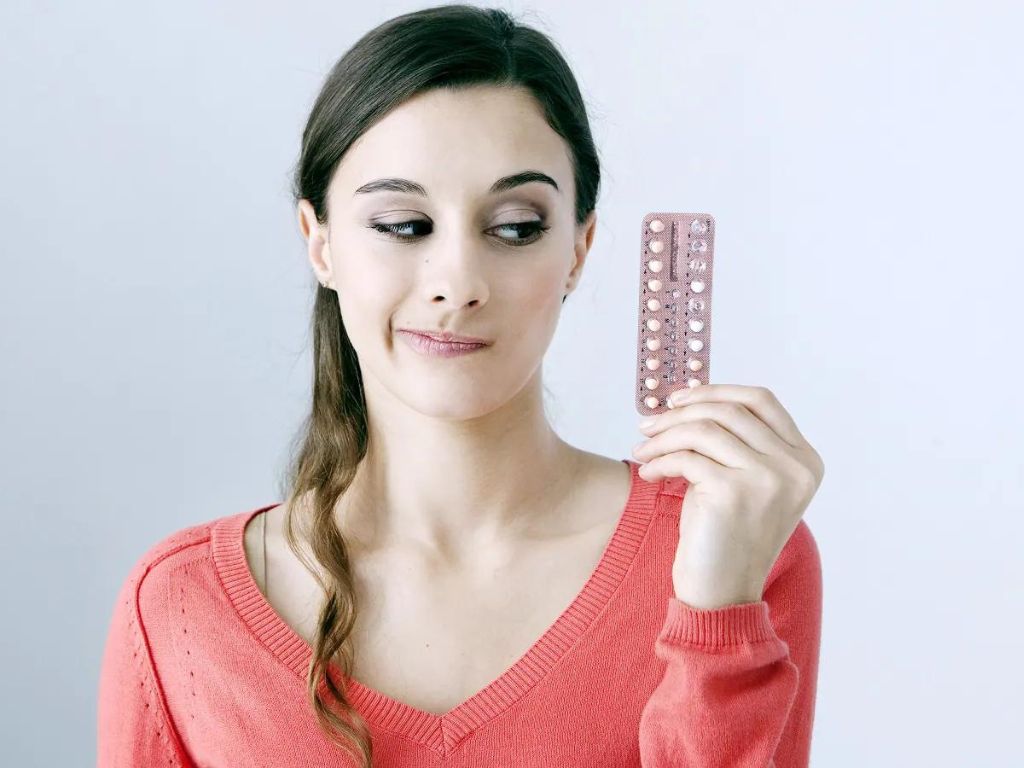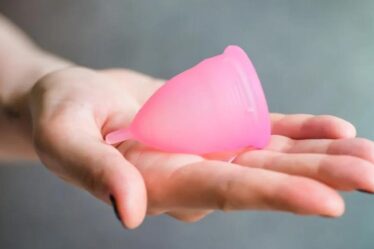
Most women have tried various forms of birth control, many of which did so for an extended time. Although there are several birth control methods, they all generally work to prevent conception. This alone has saved the lives of countless women all over the world. In This Article, we Learn about how birth control affect your period.
When using birth control, there are also negative effects and other considerations. Not all of them have the same effects on the body just because they are all used or taken to prevent getting pregnant.
How does Birth Control affect Period ?
We will thus discuss various birth control options today and how each one affects your menstruation. This is not just a very useful “cheat sheet” for individuals using (a particular type of) birth control for the first time. For individuals who are currently utilizing birth control, it’s also fantastic. You never know what you’ll discover regarding how various birth control techniques affect your period.
Various Birth Control Methods
Arguably, ‘the pill’ and condoms are the most popular form of birth control. But there are so many other types of birth control out there:
- Diaphragms: A diaphragm is a type of barrier method of birth control. It is a small, shallow cup made of silicone or latex that is inserted into the vagina to cover the cervix and prevent sperm from reaching the uterus. It must be used with a spermicide to be effective..
- Contraceptive implants: A small, flexible, plastic rod that’s placed under the skin in your upper arm.
- The contraceptive injection: The contraceptive injection is given by a healthcare provider every 12 to 13 weeks, and it is more than 99% effective at preventing pregnancy. It can also help regulate your menstrual cycle, reducing the number and duration of your periods.
- The contraceptive patch: A small, sticky patch that releases hormones into your body through the skin.
- Female condoms: Usually made of synthetic latex and are worn inside of your vagina to prevent semen from entering the womb.
- Male Condoms: Usually made of latex, a sheath that’s placed over the penis to prevent semen from coming into contact with a partner.
- IUDs: Intrauterine Device, a T-shaped copper device that’s put inside of your womb and lasts for five to 10 years to prevent pregnancy.
Also Read: Five tips to improve your child’s mental health
- IUS’s : Intrauterine System, a T-shaped plastic device that’s put into your womb, is effective for three to five years, and releases the hormone progesterone to prevent pregnancy
- The pull-out method : A man will “pull out” right before ejaculation so that semen doesn’t enter your vagina
- The contraceptive pill : A daily pill that delivers progesterone and estrogen.
- The progestogen pill : A daily medication that thickens the mucus in the cervix to prevent sperm.
- Vaginal rings: A soft, plastic ring is inserted into the vagina and delivers estrogen and progesterone into the circulation.
- The emergency morning-after pill: A medication that can be taken to prevent pregnancy after unprotected sex.
Also Read – Heavy Menstruation Bleeding | What Causes Such Heavy Periods?
How Does Your Period Affect by Birth Control Method?
There are some birth control methods that, after mentioning all of them, would have no impact at all on your period. Therefore, we will only consider those who do.
The Injection of Contraception
Injection operation is comparable to that of a hormonal IUD. In other words, you might have erratic bleeding for up to four months, but then it will stop, produce spotting, or otherwise lessen.
The Implantable Contraceptive | Period Affect by Birth Control Method
You can endure irregular bleeding, like spots, throughout the first six to twelve months. However, having a contraceptive implant typically results in lighter periods. It’s been claimed to help with PMS symptoms and unpleasant period cramps and ease a person’s period.
According to research, 77 per cent of people who used the contraceptive implant reported that their dysmenorrhea significantly improved, and 75 per cent experienced fewer days of spotting or bleeding than they would have with a regular cycle (painful periods).
The Birth Control Patch
You can encounter breakthrough bleeding or spotting after using the patch during your first menstrual cycle. After that, it can result in irregular bleeding. It’s nothing to worry about; this is your body adjusting to the patch. According to short research, less than one in ten users discontinued wearing the patch due to bleeding and spotting.
Also Read – How do Period Cups Work | Know Use, Remove and Maintain It
An IUD | Period Affect by Birth Control Method
Since the copper IUD doesn’t contain any hormones, it doesn’t significantly affect your menstruation over time. The first several months after being implanted It is observed that there is an increase in bleeding and sometimes spotting. This is a different situation if you choose a hormonal IUD. You may have no period with this type of IUD or very light periods. However, there is a potential for spotting occasionally, so it’s a good idea to keep tampons, pads, or menstrual cups on hand.
The Pill for Contraception
Everyone is affected by the contraceptive pill differently, but generally speaking, it can lessen the length of your period. Additionally, it can lessen bleeding. Therefore, the contraceptive pill may cause some women to have a three- to four-day period instead of a five- to seven-day period. Your period can also be controlled with its aid.
The Only-Progestogen Pill
This “little pill” may cause lighter periods and even lessen the frequency of uncomfortable cramps if you take it. The drawback of this medication is that it needs to be taken every day at the same time. If not, its effectiveness and advantages can decline.
Intimate Ring
The vaginal ring has an advantage over the pill because it functions similarly. You don’t have to remember to take a pill every day, which is why. If you now use or intend to use a vaginal ring, you’ll probably notice significantly reduced bleeding and better control over your period. This method of birth control requires changing the vaginal ring on time each month.
The Morning Pills
Your menstrual cycle’s length can change if you take the morning-after pill. By this, it may appear sooner or later. A more exact explanation is that you are more likely to start your period early if you take this medication during the first three weeks of your cycle. However, taking it later in your cycle can be delayed. Your period will arrive sooner the earlier you are in your cycle. Additionally, this medication may lengthen your period beyond what is typical for you, and some women may experience spotting in between periods. It’s crucial to understand that the morning-after pill should only be taken as a last resort following unprotective intercourse and is not ideal as a normal form of birth control.
While we have examined the effects of each birth control technique on your period in great detail, there are still other factors to consider before choosing the best method for you. However, there is undoubtedly a birth control technique that complements your body and your symptoms, allowing you to live a happier and healthier life, given the abundance of options available.
Frequently Asked Question
Ans. – You can, indeed. In the past, birth control pills were only available in packages of 21 days of hormone-active drugs and seven days of inactive pills. You have menstrual-like bleeding as you take the inactive pills.
Ans. – Generally, low-dose birth control pills, be it a combination or progestin-only minipill, are considered safest as they are associated with the lowest risk of causing blood clots.
Ans. – If you want to protect yourself from pregnancy and STDs, it’s a good idea to use condoms every time you have sex. The pill can prevent conception up to 99.7% of the time when used as directed.
Ans. – Although it is often listed as a potential side effect, birth control does not promote weight loss, and no birth control has been designed to promote weight loss.
Ans. – You will be immediately protected from pregnancy if you take the combination pill on the first day of your period (day 1 of your monthly cycle). Additional contraception won’t be required.



